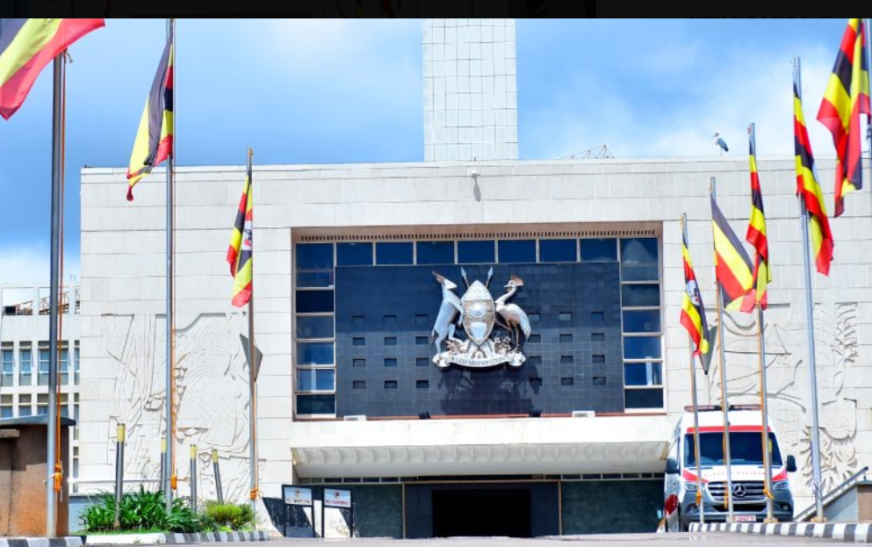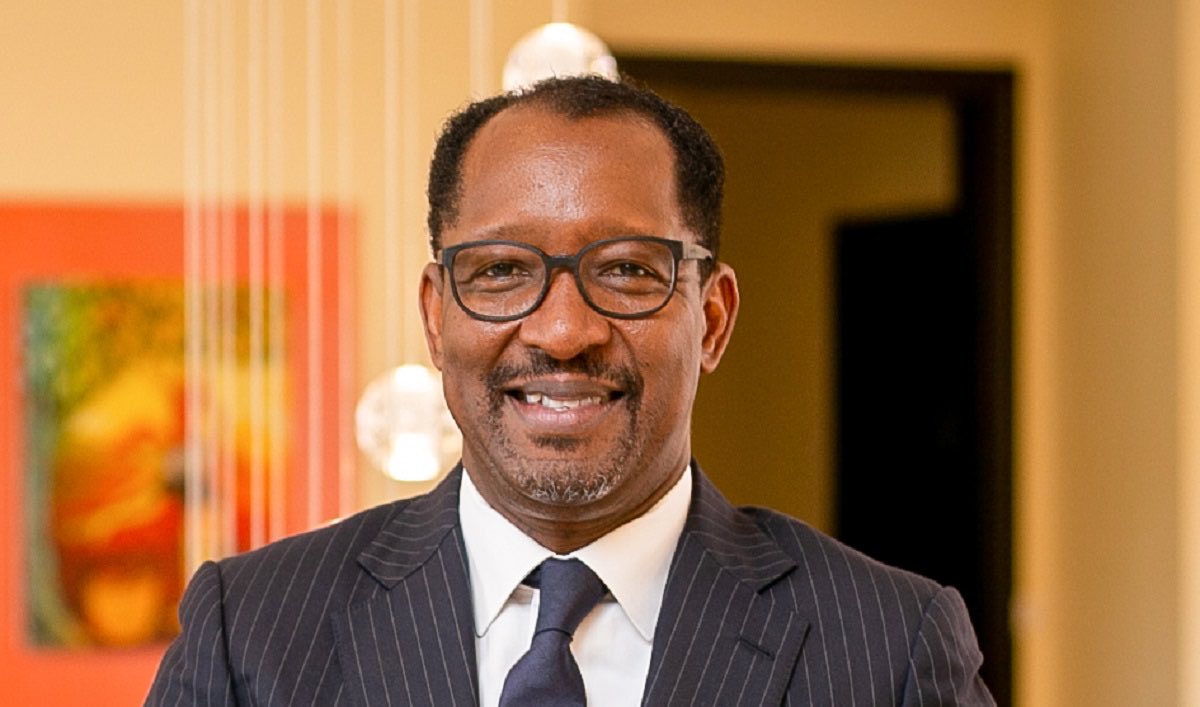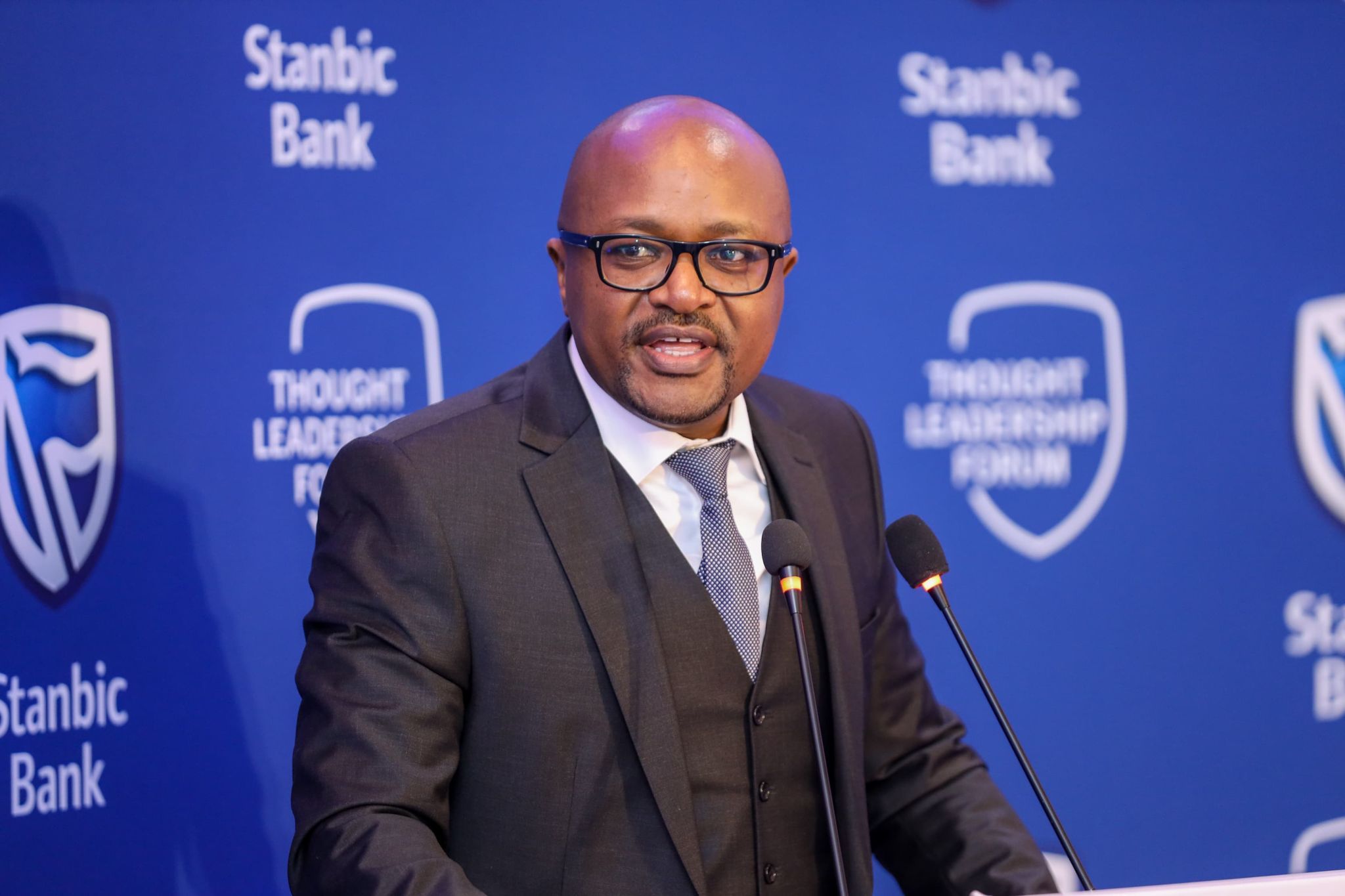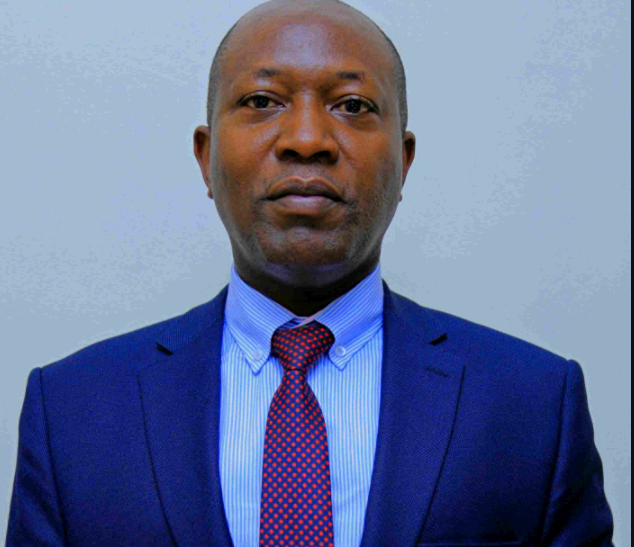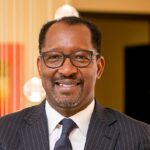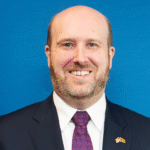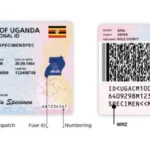Pentecostal pastors in Kampala have called for a provision in the Marriage Bill, 2024 to recognize cohabiting couples as legally married.
Under the National Pastors Platform of Kampala, the pastors argue that this measure would curb the increasing tendency of men delaying commitment even when children are involved ultimately protecting women and children from potential harm.
Led by their chairperson, Bishop David Kiganda, the group proposes that couples who have lived together for at least five years should automatically be considered married.
“Cohabitation weakens marriages. Some people do not wish to marry, and this has ruined many lives,” Kiganda stated. “We propose that living with someone for at least five years should automatically qualify as marriage provided neither party is legally married to someone else.”
The pastors presented their views on Wednesday, February 12, 2025, during a joint meeting of the Legal and Parliamentary Affairs Committee and the Committee on Gender, Labour, and Social Development. These committees are responsible for processing both the Marriage Bill, 2024, introduced by Sarah Opendi (Tororo District Woman MP), and the Sexual Offences Bill, 2024, moved by Anna Adeke (Soroti District Woman MP).
The pastors also urged Parliament to introduce stricter requirements for dissolving marriages, citing concerns over couples who conspire to end marriages for personal gain. They noted that the current law does not clearly define irretrievable marriage and called for specific grounds to be outlined in the new legislation.
The pastors further requested that rural and small Pentecostal churches be allowed to officiate weddings. However, some Members of Parliament (MPs) raised concerns about the legality and regulation of such marriages.
“If you want to weaken your religious sect, allow unauthorized leaders to conduct weddings at village and parish levels. You may expand your reach, but you might also lose control,” said Workers’ Representative, Charles Bakkabulindi.
Laura Kanushu, the National Representative for Persons with Disabilities, also questioned the legitimacy of independent upcountry churches that lack affiliation with established Pentecostal institutions.
“Many of these churches do not report to any headquarters. Are you suggesting that churches which fail to meet the legal requirements for solemnizing marriage should still be allowed to officiate weddings?” Kanushu asked.
Kanushu further expressed concern over the lack of a unified Christian stance on marriage principles, making it difficult for Parliament to defend the Bill.
“We expected Christians to have a common position, but there are conflicting interpretations of the Bible. Women’s activist groups have presented a unified view, making it easier to defend the Bill. However, with such differing opinions from the Church, this will be a challenge,” she added.
MPs remained divided on the pastors’ request to have their leaders recognized as marriage registrars, similar to provisions for Bahá’í and Buddhist marriages. The debate is expected to continue as Parliament reviews the proposed legislation.

